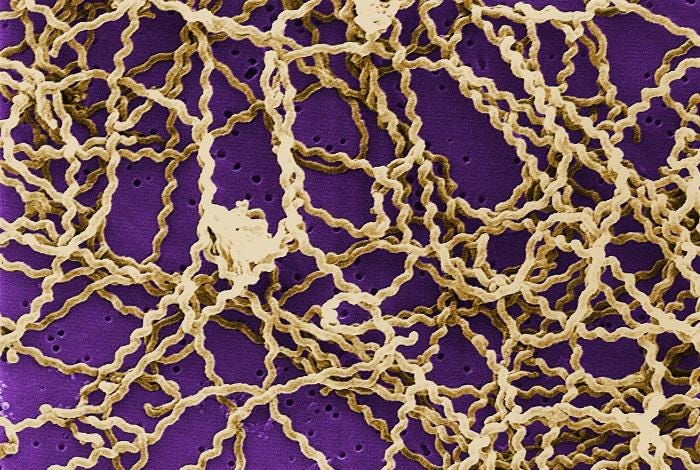French Polynesia health officials report a recent increase in leptospirosis cases. During the first week of 2024, eight cases—seven confirmed cases by PCR and a probable case with a positive serology were reported.
Five of the cases were hospitalized, with a hospitalization rate of 62.5%.
Officials call this a wave epidemic following the last episodes of rainy weather that occurred in the Windward and Leeward Islands.
Healthcare professionals are recommended to order PCR on suspected cases and prescribe prophylactic antibiotics.
Health officials advise on the following leptospirosis prevention:
- Wear gloves and closed shoes/boots during risky activities (gardening, agriculture, water fishing).
- Avoid swimming in fresh water during the rainy season, and especially when you have sores
- Disinfect wounds quickly after risky exposure.
- Measures to be reinforced following periods of heavy rain. Increased vigilance when practicing water sports (swimming, canyoning, river fishing, etc.).
- Consult a doctor immediately if symptoms appear (fever, headaches, pain, yellow eyes, etc.)
In 2023, French Polynesia reported 117 leptospirosis cases, including two deaths.
According to the US CDC, Leptospirosis is a disease caused by bacteria. Infected animals spread the bacteria through their urine (pee). When infected animals pee, the bacteria get into the water or soil and can live there for weeks to months.
You can be infected if you touch fresh water, soil, or other objects contaminated with infected animal urine. The most common ways to get infected is urine or contaminated water getting in your eyes, nose, mouth, or broken skin (such as a cut or scratch). You can also get infected by eating contaminated food or drinking contaminated water.
Some people with leptospirosis do not have any symptoms. When symptoms occur, they can include fever, headache, chills, muscle aches, vomiting, jaundice (yellow eyes and skin), red eyes, stomach pain, diarrhea, and sometimes a rash. Without proper treatment with antibiotics, people with leptospirosis may develop serious problems with their kidneys, liver, or lining of the brain and spinal cord (meningitis). In some cases, leptospirosis can cause death.





